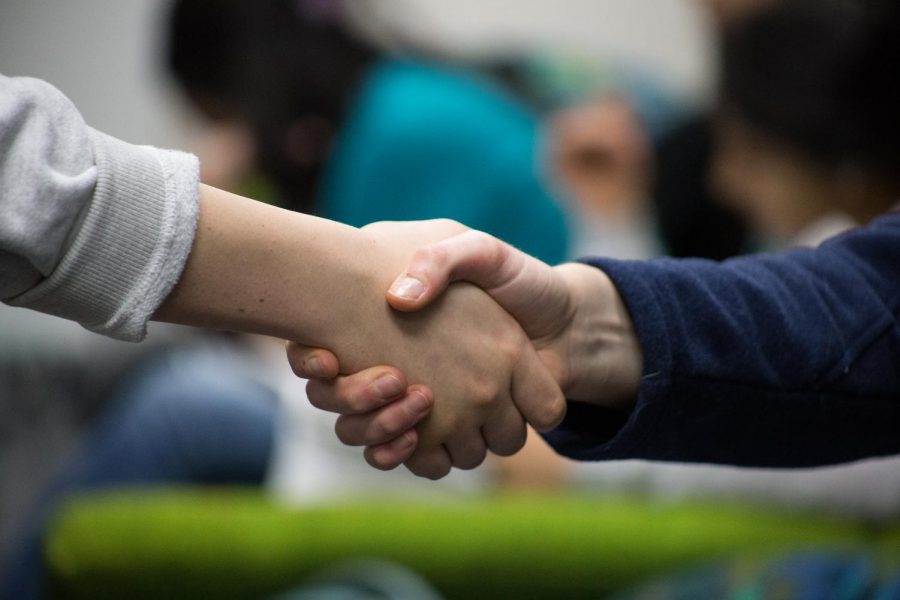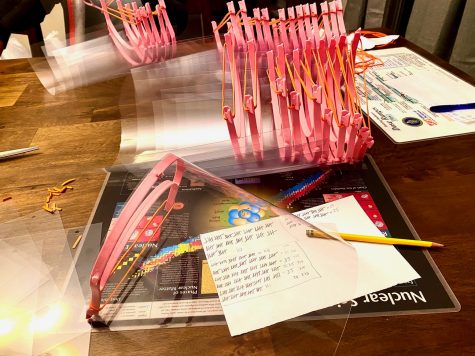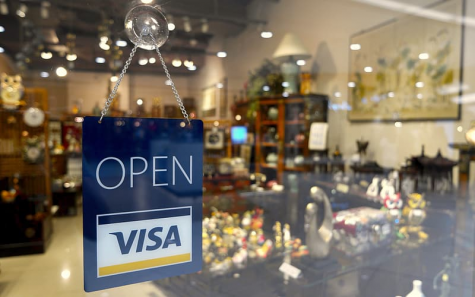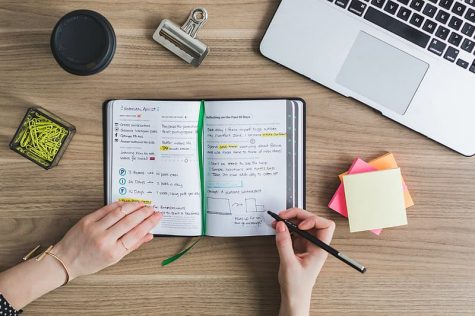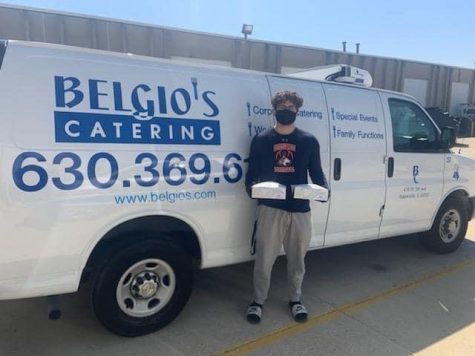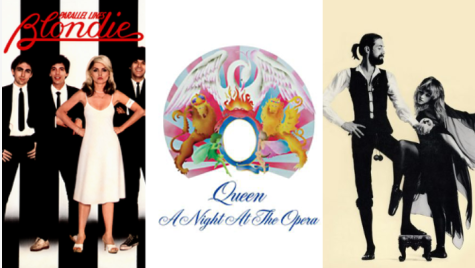Column: nailing your interview
Interviews are a big part of life. With students interviewing for job positions, college admission, scholarships and other opportunities, they are becoming increasingly more important in our daily lives. But the art of the interview is something most people—even adults—rarely understand.
Anyone can learn how to format a resume and perfect an application, but the interview is where a future employer or university sees your true character: the way you’re composed, the way you present yourself and the way you answer the cliche questions all show your interviewer just the kind of person you are.
All of this considered, interviews are typically nerve wracking. So, I’ve put together a list of a few things to consider during an interview.
Dress appropriately. This typically goes without saying, but wearing clothes that are appropriate for the occasion is essential in earning respect from your interviewer. Typically, business casual is appropriate for most interviews, but the position for which you are applying really determines how casual or formal you should be (a corporate position may require more formal attire, while a summer camp counselor may allow for a more relaxed outfit).
Come prepared. Depending on the position or opportunity that is bringing you into the interview, there is likely information your interviewer will expect you to know beforehand. Job responsibilities, basic information about the position and knowledge of the opportunity you’re applying for are important to research before going in for your interview. This will ensure you look prepared and resourceful. Another tip is to look into who will be interviewing you. It’s not vital, but knowing the interests or backgrounds of your interviewer may give you small talk topics or help you to win them over easier.
Get some stories ready. Across most interviews, there are a set of questions that many employers and universities use to determine what kind of person you are. “Tell me about a time you made a mistake. How did you fix it?” or “What are your greatest strengths and weaknesses?” are common questions that you should expect. Knowing this, have a few stories that give insight to your personality in mind prior to the interview. Personal experiences make your interview more unique and help distinguish you from other candidates. Keep in mind that the interviewer isn’t only taking note of your specific answers, they’re noticing how you answer and what your answers say about you.
Keep calm. Interviewing is stressful and it’s probable that you’ll be anxious leading up to the big day. However, composure is essential! Remaining cool and confident lets your interviewer know that you can handle stressful situations and are confident in your abilities.
Have a question in mind. After almost every interview, your interviewer will ask if you have any questions. While you should avoid asking obvious questions that you can find the answer to with research, asking questions that indicate where your priorities are can help demonstrate your dedication to the opportunity you’re interviewing for. Asking about day-to-day responsibilities of the job, skills gained from the experience, feedback from other students at a university or general advice about going into the job or school are good ways to go to conclude the interview.
Be confident in your abilities, not in the position. As stated before, confidence is key. However, cockiness snaps that key in half. Make sure to let your interviewer know that you’re confident in yourself and know you can handle the position but understand that it won’t be handed to you. Self-assurance will take you a long way, but overconfidence will only steer you the wrong direction.
There are a lot of things to keep in mind before, during and after an interview. How you come across, how you paint your experiences, and how you sell your persona are important to any interviewer, but try not to worry too much about the little things. Keep in the back of your head these helpful tips, but be sure to stay true to yourself and try your best– opportunities will come and go; it’s what you do with them that is most important.
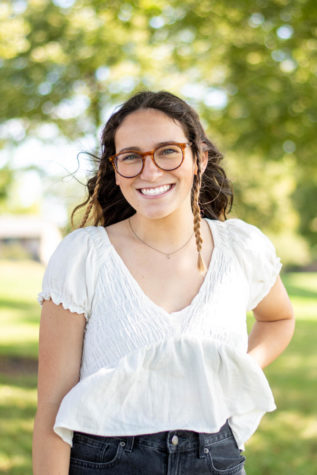
Lauren Somers is a senior at Naperville North and is super excited to continue writing for The North Star for her second year. She can’t wait to try...

